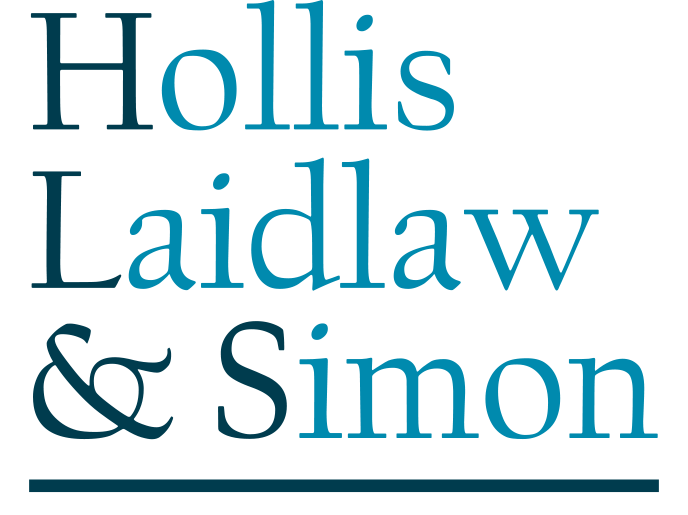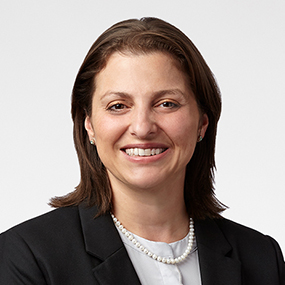Earlier in the year, we discussed Governor Hochul’s proposed budget for fiscal year 2023. As part of the budget, the Governor proposed to eliminate the resource test for New York’s Medicaid program for those individuals aged 65 or older. That proposal was not passed. Instead on April 8, 2022, the New York State Legislature passed a budget bill that increased the Medicaid asset and income limits for those blind, aged (65+) or disabled (non-MAGI Medicaid), effective January 1, 2023.
Currently, the non-MAGI Medicaid asset limits are $16,800 for a single applicant and $24,600 for married applicants. The non-MAGI income limits are $934 for a single applicant and $1,367 for married applicants. Effective January 1, 2023, the non-MAGI Medicaid asset limits will increase to $28,134 for single applicants and $37,908 for married applicants. The non-MAGI Medicaid income limits will increase to $1,563 per month for single applicants and $2,106 per month for married applicants.
Additionally, as the fiscal year budget for 2023 was passed without repealing the Medicaid cutbacks that were enacted in the budget bill from 2020, the 2.5-year look-back period for home care services is still looming behind the curtain. The implementation of the look-back has been repeatedly delayed. Currently, the look-back period would apply to gifts made on or after October 1, 2020, but only for those applications submitted after the new rules are implemented. At the current time, based on the federal government extending the public health emergency through July 2022, the earliest the 2.5-year look-back period could be implemented is October 1, 2022.
While the increased asset and income limits are a departure from the previous cuts to New York’s Medicaid program, those increases, unfortunately, may not be enough for New Yorkers to plan with, especially when factoring in the 5 year lookback period for nursing home care and the potential 2.5 year lookback period for home care services. If you or someone that you know may need long term care, whether now or in the future, please us to schedule a consultation with one of our elder law attorneys.













